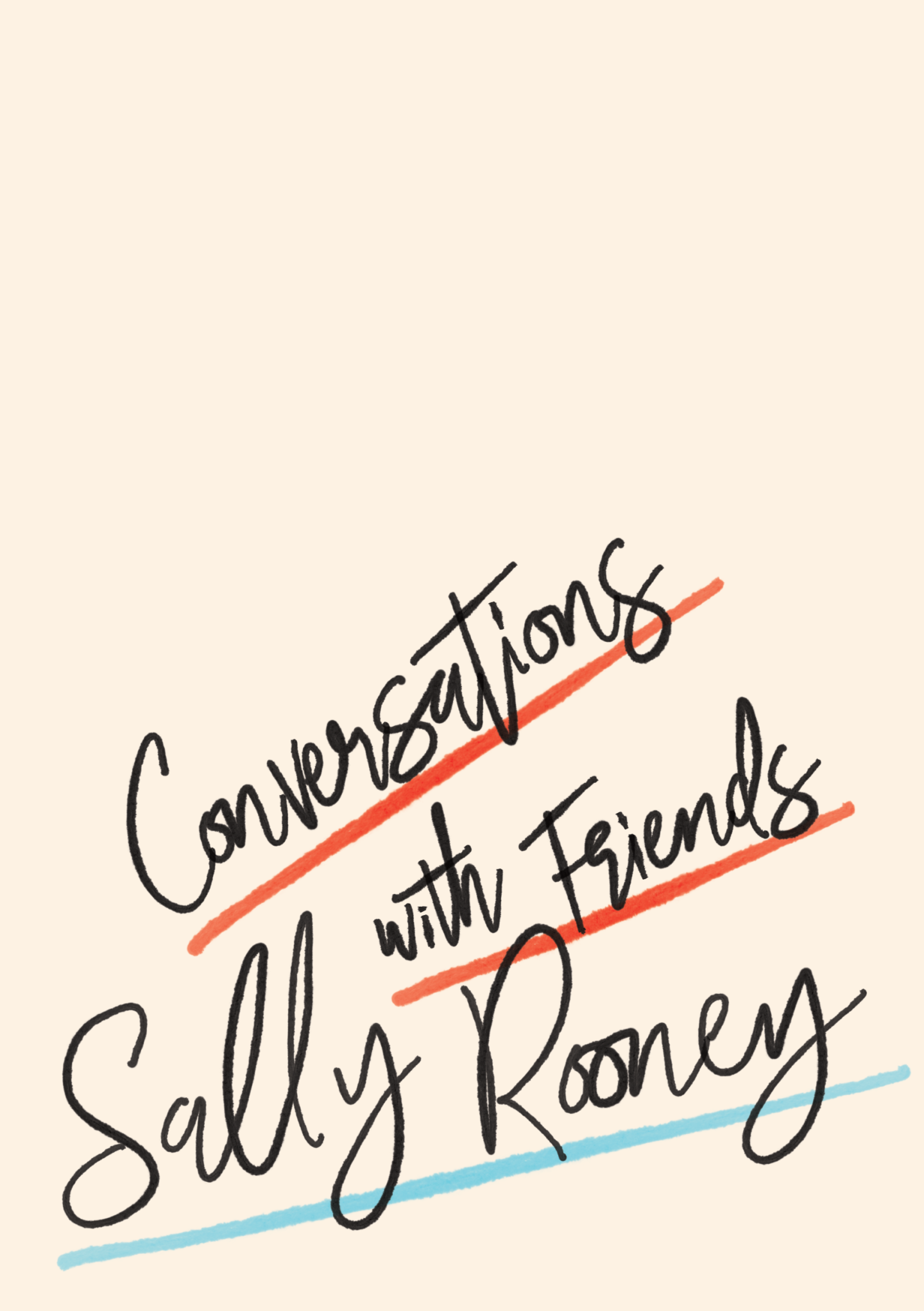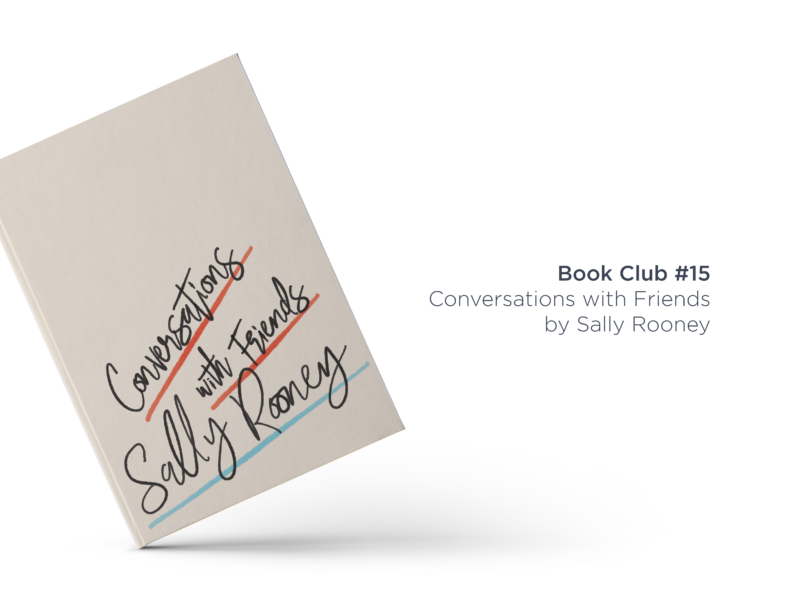Sally Rooney’s Conversations with Friends, is another book I didn’t actually pick up myself, and I’m not sure I would have if I hadn’t been loaned it. Despite being part of a genre I tend to turn to, it’s not a book I’d heard of before it was being snuck into my bag.
The New Yorker read Conversations with Friends “a new kind of adultery novel”. Faber says “you can read Conversations with Friends as a romantic comedy, or you can read it as a feminist text. You can read it as a book about infidelity, about the pleasures and difficulties of intimacy, or about how our minds think about our bodies.” Personally, I read it as a coming of age for the time we actually live in.
The actual plot of the novel follows Frances a 21-year-old university student and poet who finds herself entangled in a complex ménage-à-quatre and her affair with Nick, an older married man, all whilst she tries to work out who she really is on her own.
Frances was a character I really felt a connection too, read into that what you will about my personality. Rooney’s writing does at times fall into the trap of self-indulgence which is always a threat in first person bildungsroman’s especially those written in the last couple of decades. But as a student, as someone still navigating my sense of self in relation to those around me I found the way she tested the boundaries of her personality really well written and relatable. You can tell that this a novel about being a young woman right now, written by someone who knows what it’s like.

My alternative cover design for this month’s pick
As much as Rooney’s first novel is described as “literary” (whatever that may or may not mean) and intelligent it’s never hard to read or overly pretentious in a way that’s serious. It is intelligent. It does deal with big ideas. But conversation, as you would expect from the novel’s title, flows easily and quickly and in and out of emails, messages, phone calls and asides at parties. Frances and Bobbi show off, but they show off in the way you would expect of university students and poets. There is never a hard transition into serious topics, as is often the case when authors try to shoe horn academic discussion into their prose.
So, if you’re after a side of engaging and intelligent conversation with your next bed time read this one’s as good as any you’re going to find.
SOME QUESTIONS TO PONDER AS YOU READ
- What impact do you think the location of the novel has on the story?
- Conversations is driven by women, to what extent did you think this was a distinctly female story?
- Frances has a tumultuous relationship with her body, and pain in particular, how does that impact your reading of her character? Was it something you were able to relate to?
- How reliable a narrator is Frances?
IF YOU WANT SOME FURTHER READING TRY…
- You know I almost always kick these lists off with a Guardian review, and this month is no different
- This New Yorker review offers a really clear and insightful look at Rooney’s writing
- As someone who doesn’t know all that much about the Irish canon (although I have been reading a fair few Irish novels recently) the focus on the Irishness of Conversations with Friends in this New Statesman review was super interesting
- Succinct and easy to read this Vulture review is a great intro to the novel
IF YOU WANT MORE BOOKS LIKE THIS HAVE A LOOK AT…
- Elena Ferrante’s My Brilliant Friend
- Donal Ryan’s All We Shall Know
- Stephanie Danler’s Sweet Bitter
- Sylvia Plath’s The Bell Jar
- Miranda July’s The First Bad Man


